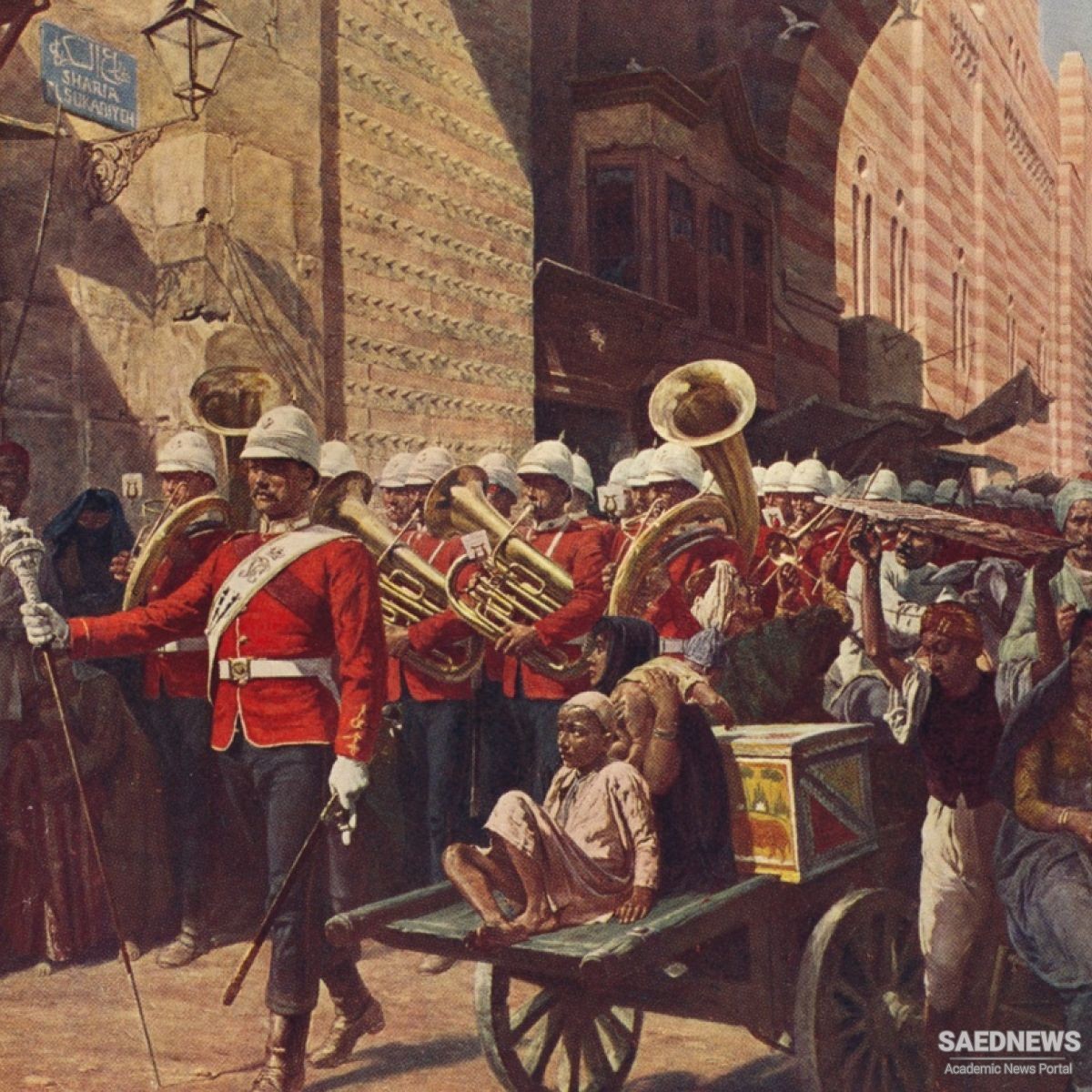The collapse of the Ottomans in the early twentieth century resulted in the large-scale introduction of European colonialism into the Middle East beginning in the 1920s and officially lasting until the late 1940s, although in some cases British domination of local politics did not really end until the early 1970s. European colonialism took place under historical circumstances radically different from those that had existed during Ottoman rule. Nevertheless, the basic pattern of relationship between the colonial states and their subject societies—one of detachment, minimal contact, and top-down flow of power—remained largely the same. The emergence of sovereign, independent states in the Middle East in the 1940s and 1950s dramatically altered domestic power equations and the traditional foundations for state-society relations in each Middle Eastern country. These ostensibly modern states were thrust unprepared into a competitive international environment in which they had to foster rapid economic and industrial development and, most importantly, satisfy the growing nationalist aspirations of their populations. These nationalist yearnings emerged in response to domestic social and political developments and as a result of the Palestinian-Israeli conflict, the latter itself serving as a catalyst for much regional conflict and instability. Not surprisingly, the political history of the modern Middle East as it unfolded in the twentieth century was one of wars, conquests, political turmoil, and extremism. Whether the new century will hold a different future for the region remains to be seen (Source: Political History of Middle East).


 Middle East: Early Political Camps and Divisions
Middle East: Early Political Camps and Divisions














































